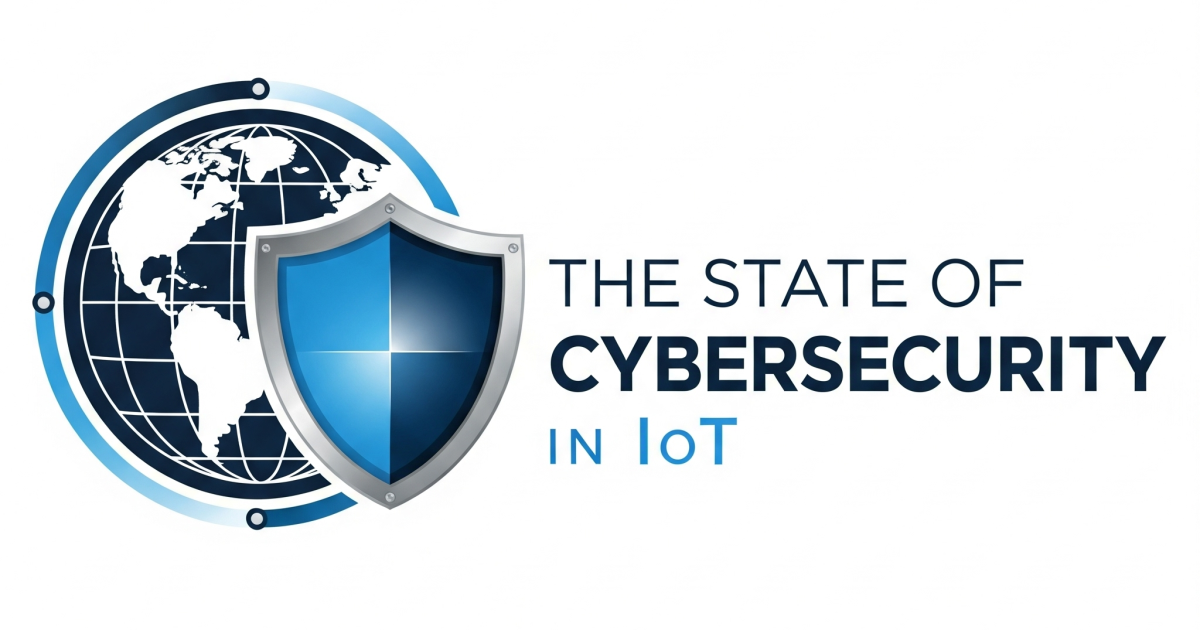SK Telecom and Deutsche Telekom have established a new “Quantum Alliance” at the Mobile World Congress in Barcelona to enable secure communication in the age of quantum computing, according to a new announcement. Quantum is the buzzword of the next five years in cybersecurity, but it looks like these two partners are determined to stay off the buzz and keep it practical.
According to the most forward-thinking counter-cyberespionage experts, we’re not too far from the day when quantum computing might provide such powerful performance that its use could crack encryption algorithms that are currently considered secure with relative ease. This development, if it materialized, would render today’s common cryptography methods virtually useless and make server access, data links and documents freely accessible and viewable with little effort.
To meet these challenges, SK Telecom and Deutsche Telekom envision their new Quantum Alliance as a body that will ensure that communications remain secure in the age of quantum computing. The Alliance's primary stated objective is to ensure that the technical prerequisites for secure communications continue to be met in the future. To do so, network operators and hardware manufacturers must work together to define and implement technical standards. As a second step, the alliance will aim to develop flexible services and security solutions for secure communications.
“Committed to building a quantum-safe future, SK Telecom has been actively developing quantum cryptography technologies since 2011,” said Cha In-hyok, EVP and Head of IoT Business Division, SK Telecom. “SK Telecom believes that the co-establishment of the Quantum Alliance with Deutsche Telekom will bring us closer to realizing this goal, while also creating new valuable business opportunities in areas including quantum-safe communications, the Internet of Things and big data. We will work together to accelerate the growth of quantum-based cybersecurity technologies and its ecosystem.”
“When it comes to security, we have to think beyond tomorrow. With the Quantum Alliance, we are taking the lead in a technical development that will revolutionize IT: we will help to ensure that communications remain secure even after a breakthrough is made in quantum computing and the first computers hit the market,” said Claudia Nemat, Board member for Technology and Innovation, Deutsche Telekom.
SK Telecom and Deutsche Telekom said they are committed to recruiting more partners for the Quantum Alliance in the coming weeks and months. The companies intend to approach network operators, network equipment makers, device manufacturers and software vendors.
SK Telecom is also taking steps with another partner, Nokia, to cooperate in the quantum cryptography business, according to another announcement. Under this new agreement between the two companies, SK Telecom and Nokia will conduct joint research and development activities to achieve interworking between SK Telecom’s Quantum Key Distribution System (QKD) and Nokia’s next-generation optical transport system by the second half of 2017.
Some security experts predict that Quantum cryptography will replace the existing security solutions in all areas at risk of data hacking, including national defense, finance, autonomous vehicle and the Internet of Things (IoT), with the potential to be “unhackable.”
The two companies will also cooperate in the area of Quantum Random Number Generator (QRNG), a technology necessary for applying quantum cryptography technologies to IoT devices.
“Since opening Quantum Tech Lab in 2011, SK Telecom has been making constant efforts to develop quantum cryptography technologies,” said Park Jung-ho, CEO and President, SK Telecom. “Based on the cooperation with Nokia, SK Telecom will create a new paradigm and ecosystem in the field of ICT.”
SK Telecom’s QRNG is a 5x5mm CMOS Image Sensor-based all-in-one, single silicon (ASIC) that provides non-deterministic true random numbers on demand from quantum-shot noise, and the company said it envisions using QRNG for an Internet of “secure” Things (IoT) solution.
“With SK Telecom's quantum cryptography technologies, we have secured the basis for building the most secure network security solution,” said Rajeev Suri, CEO, Nokia. “We will respond proactively to rapidly growing demands of the cyber security market with these technologies and solutions.”
Edited by
Alicia Young





